A new report from Michael Bloomberg’s anti-gun news site The Trace claims that data shows gang violence isn’t nearly as prevalent in Chicago as you might think, though as we discuss on today’s Bearing Arms’ Cam & Co, there are some fundamental flaws with the figures.
The theory promulgated by The Trace’s Lakeidra Chavis is that the Chicago PD and Mayor Lori Lightfoot keep blaming shootings and homicides in Chicago on gangs, even as the number of incidents classified as “gang related” have declined over the past few years. According to CPD data, less than half of all fatal shootings in 2020 were believed to be connected to gangs, while less than 10% of non-fatal shootings were linked to gangs. Of course, one of the big problems with relying on those statistics is that the vast majority of non-fatal shootings (and less than 50% of homicides) in Chicago result in an arrest, so it may be impossible to determine who was responsible and what their motivation was.
Given The Trace’s anti-gun attitude, it shouldn’t come as a surprise that the news outlet minimizes the influence that gang activity has on violent crime, while playing up the role that gun control can play in reducing the number of shootings.
“Saying the word ‘gang’ makes the victim less sympathetic, it makes the situation less sympathetic, it creates an ‘other,’” says Andrew Papachristos, a professor and researcher at Northwestern University who’s spent years studying the city’s gang networks. “The reality is, gang members are also neighbors, brothers, sisters, mothers, fathers, [and] employees.”
It’s undoubtably true that gang members are neighbors, have families, and may even hold a steady job. It’s also true, however, that the 80,000 or so gang members in Chicago are a small fraction of the city’s population, and are indeed an “other” when compared to the vast majority of residents who don’t belong to a gang.
Veteran researcher Roseanna Ander is the founding executive director of the University of Chicago’s Crime Lab, a research center that often analyzes Chicago police data. She isn’t surprised that CPD has only tied a small share of shootings to gangs. Ander says focusing on gangs distracts from the sheer number of guns available in the city.
“I think we would eradicate gun violence long before we could eradicate young people joining gangs, or cliques, or crews,” she said.
No one is talking about banning young people from joining gangs, which is just as silly as trying to ban gun ownership. However, Ander’s focus on guns instead of the individuals who use them in the commission of violent crimes indicates that she has her own bias when it comes to addressing crime. I find it very interesting that The Trace simply refers to Ander as a “veteran researcher,” without mentioning her extensive history with groups like the Joyce Foundation, which, while less well known than other anti-gun outfits like Moms Demand Action and Brady, has spent millions of dollars promoting gun control policies.
The foundation financed scholarships for law schools to promote a legal theory that the Second Amendment does not protect an individual’s right to bear arms, claiming the amendment guaranteed a state government’s right to arm an organized militia. The law review article arguments were cited in federal court rulings in 2001 and 2002 that upheld state and local gun control laws. The organization also paid for a book titled Every Handgun is Aimed at You: The Case for Banning Handguns.
In the process, the foundation bankrolled the Second Amendment Research Center at Ohio State University for the purpose of producing research to back up the Second Amendment as a collective rather than individual right.
The foundation has even mockingly said “the ‘gun rights’ drumbeat” has drowned out solutions to violence. After the high court ruling in 2008, the organization began to push gun control as a public health issue. It had already helped promote the National Violent Death Reporting System located at the Centers for Disease Control and Prevention in the 1990s.
Former Joyce Foundation President Deborah Leff, explained the rationale in a 1993 interview with the Chicago Tribune. “So long as one looks at this as solely a criminal problem, one comes up with solely criminal solutions,” Leff said. “But when you have a major cause of death like this, you have to look for prevention solutions. We tried to identify people who were capable of doing that.”
The organization has given millions to liberal think tank Violence Policy Center, the self-described, “most aggressive group in the gun control movement,” that has advocated for a national handgun ban. The policy center in 2000 called for Congress to ban handguns and spend $16.25 billion to compensate owners for the taking of the then-estimated 65 million civilian-owned handguns.
Just a “veteran researcher.” Nothing to see here.
Now, it may be that gang violence has trended down in Chicago over the past few years, but I don’t think there’s any real way for us to know whether that’s the case, given the abysmal clearance rate for violent crimes. And as one Chicago police officer told The Trace, one of the primary reasons why arrests in shootings are so few and far between is because many victims don’t want to cooperate with the police because of their own criminal activity and associations. The “honor code” on the streets frowns on getting the criminal justice system involved with acts of violence and retaliation, even when shootings may not be directly connected to gang activity.
I know The Trace has a vested interest in pinning the blame for Chicago’s violence on guns and not gangs, but the bottom line is that Chicago’s tried and failed to gun control its way to safety; from its handgun ban that was on the books from the early 1980s until it was struck down by the Supreme Court in 2010 to the city’s attempt to ban gun stores and ranges. In order to truly make Chicago a safer place, the focus needs to be on those individuals responsible for the violence, and not on the tens of thousands of legal gun owners who reside in the Windy City.
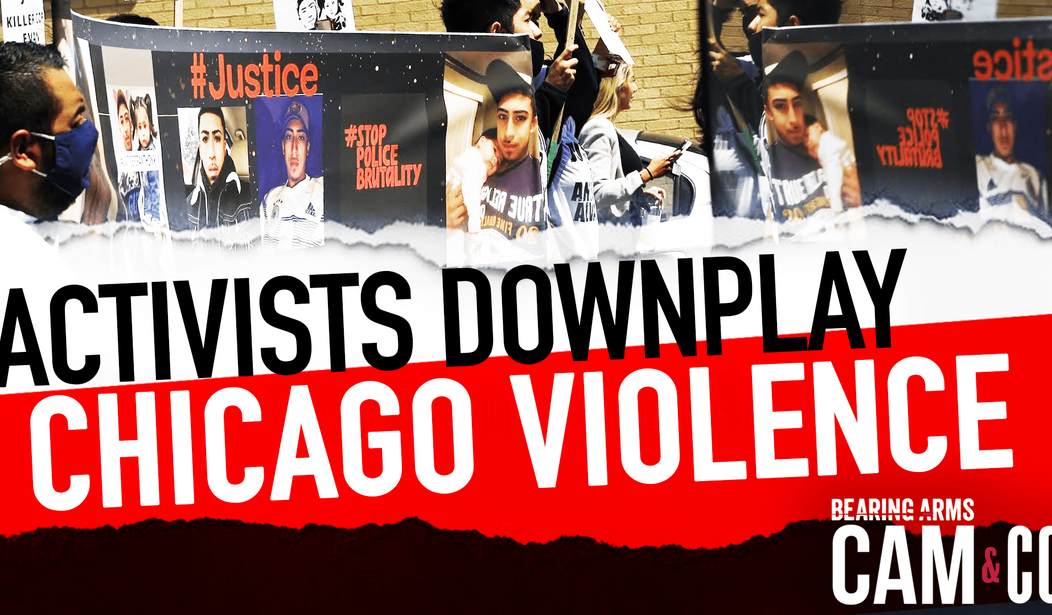



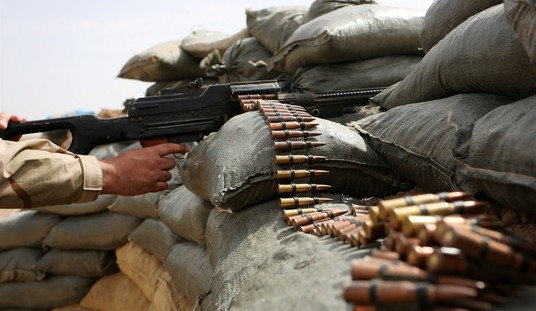
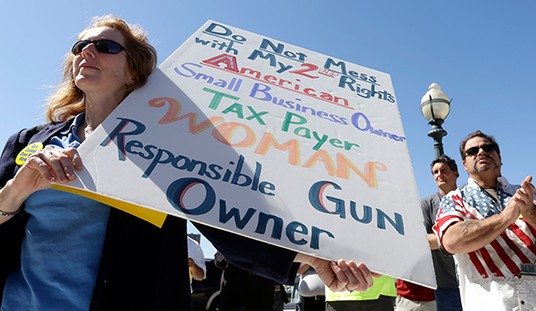

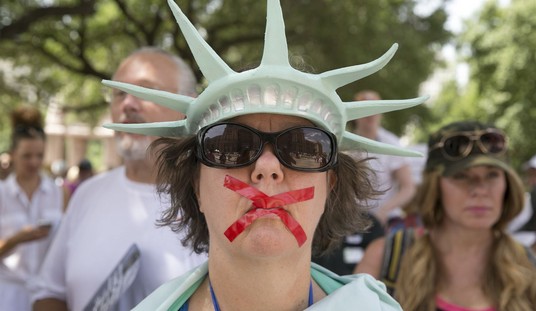
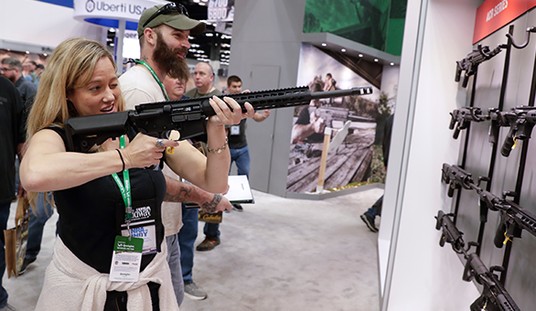

Join the conversation as a VIP Member